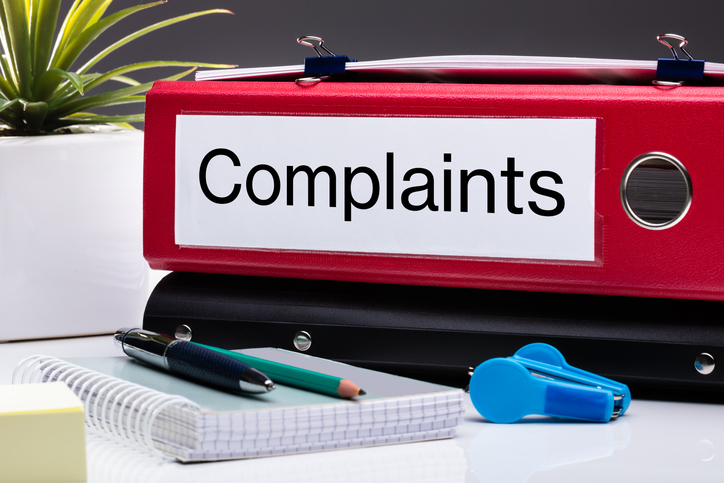
Navigating workplace conflicts can be extremely stressful. If you believe your employer in California has violated your rights, understanding the process for filing a complaint is crucial. This guide will walk you through the key things to consider before acting, how to document violations, exploring internal solutions, filing with government agencies, and the important role of employment lawyers in Southern California.
Understand Your Rights
Before initiating any complaints, understand what constitutes a workplace rights violation in California. Here are some common areas where employees might have grounds for complaints:
- Protection against discrimination based on race, gender, age, religion, disability, sexual orientation, and other protected categories.
- Unwanted behavior creating a hostile work environment.
- Issues with minimum wage, overtime pay, unpaid breaks, and improper deductions.
- Hazards or unsafe working conditions
- Being fired for illegal or discriminatory reasons
Document the Violations
Thorough documentation helps build a strong workplace complaint. Whenever you experience or witness a violation, record it meticulously. Here’s what to include:
- Note the exact dates and times of each incident.
- Describe the breach as much as possible. What was said or done? Who was involved?
- Include the names of any witnesses to the incidents.
- Save emails, memos, performance reviews, pay stubs, photos, or other forms of evidence that support your claims.
- If you communicated a concern or objection at the time of the incident, document how and when you did so.
Explore Internal Complaint Procedures
Many companies have established internal complaint procedures for employees to report workplace issues. Before filing with a government agency, you might be required to exhaust these internal options.
Review your employee handbook or company policies for information about internal complaint mechanisms and the steps you need to follow. Often, it’s advisable to contact your HR department to discuss your concerns and inquire about the appropriate resolution process. Depending on your company’s policies, you might need to report the issue to your direct supervisor or manager before escalating it.
File a Complaint with Government Agencies
If your employer has violated your rights and internal resolution attempts fail, the next step is often filing a complaint with a government agency. In California, here are the key agencies to consider:
Department of Fair Employment and Housing (DFEH)
The DFH handles discrimination, harassment, and retaliation complaints. You can file a complaint online, by mail, or in person at a DFEH office. Generally, you must file a complaint within one year of the violation.
Division of Labor Standards Enforcement (DLSE)
The DLSE forces wage and hour laws, including minimum wage, overtime, meal breaks, and rest periods. You can file a wage claim online or at a DLSE office. Deadlines vary based on the type of wage claim.
Occupational Safety and Health Administration (OSHA)
OSHA protects workplace health and safety. The process of submitting a complaint is via the website, by phone, mail, or at an OSHA office. Complaints about safety hazards should be filed promptly. Retaliation complaints should be made within 30 days.
Employment Development Department (EDD)
The EDD handles unemployment insurance and disability insurance claims. Complaints are generally initiated as part of the claims process, available on the EDD website.
Consult with an Employment Lawyer
Navigating workplace complaints and the legal process can be overwhelming. Experienced employment lawyers in Southern California can offer valuable guidance and representation.
A lawyer will thoroughly review your situation, explain your rights, and advise you on the strength of your potential claims. They will handle the complexities of filing complaints with the appropriate agencies and represent you during any investigations or proceedings. If necessary, an employment lawyer will passionately represent your interests in court.
When your workplace rights are violated, it’s essential to take informed action to protect yourself. Understanding ways to resolve it is the first step. If you experience mistreatment or violations at work, seek legal counsel and act promptly.